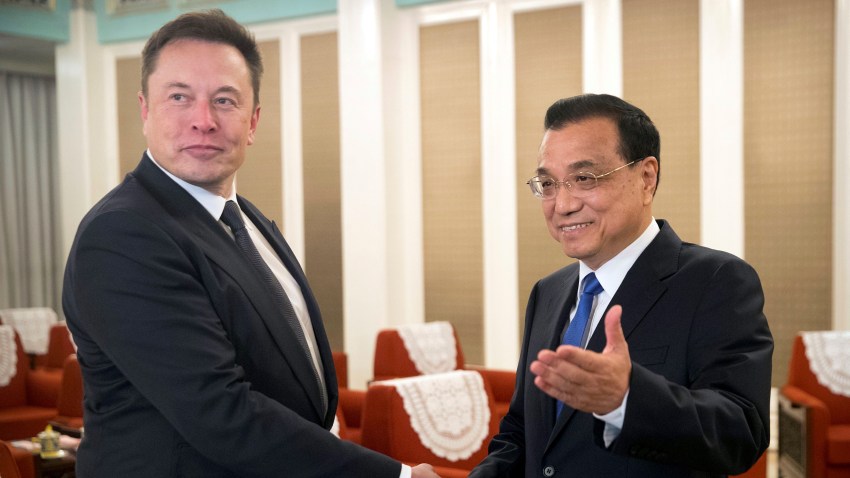Weeks before Elon Musk completed his $44 billion purchase of Twitter, he sparked controversy by wading into the debate over Taiwan’s international status and its relationship with mainland China. Speaking to the Financial Times in early October, Musk said: “My recommendation … would be to figure out a special administrative zone for Taiwan that is reasonably palatable, probably won’t make everyone happy. And it’s possible, and I think probably, in fact, that they could have an arrangement that’s more lenient than Hong Kong.” Washington still maintains an unofficial relationship with Taiwan, albeit one growing in importance.
Almost immediately, Musk’s remarks drew widespread attention, and the reactions from Taiwanese and Chinese diplomats fell along predictable lines. Qin Gang, China’s ambassador to the U.S. who was later elevated to the Central Committee of the Communist Party during the recent 20th Party Congress meetings, thanked Musk in a post on Twitter for “his call for peace across the Taiwan Strait,” adding that Beijing seeks “peaceful unification and one country, two systems” as its objective. Conversely, Bi-khim Hsiao, Taiwan’s envoy to the United States, shot down the suggestion, saying that “Taiwan sells many products, but our freedom and democracy are not for sale.”
The diplomatic firestorm created by Musk’s unsolicited, off-the-cuff remarks on the status of Taiwan took on added significance in light of the drastic changes he has promised to make to Twitter and due to the billionaire mogul’s vast holdings in China. As part of its efforts to secure a share of China’s rapidly expanding electric vehicle market, Musk’s electric vehicle company Tesla owns factories and showrooms across the country. That includes a new one in Xinjiang, alongside the region’s vast network of surveillance networks and prisons. Musk has yet to condemn or distance himself from China’s alleged human rights abuses there or elsewhere.

